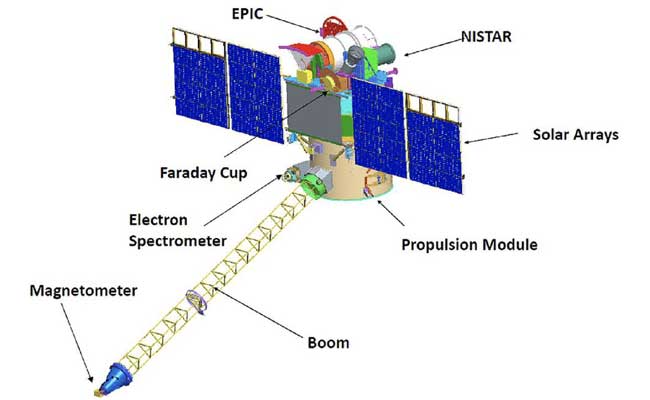Quantum Computing: A Revolution in Information Technology
Quantum computing is a revolutionary technology that uses the principles of quantum mechanics to perform calculations. It has the potential to revolutionize many fields, from cryptography to materials science, and even drug discovery. In this article, we will explore the basics of quantum computing, its potential applications, and the current state of the technology.
Introduction to Quantum Computing
Quantum computing is based on the principles of quantum mechanics, which govern the behavior of subatomic particles. These principles are very different from the classical physics that governs the behavior of macroscopic objects. In classical computing, bits are used to represent information. A bit can be in one of two states, 0 or 1. In quantum computing, qubits are used instead of bits. A qubit can be in a state of 0, 1, or both at the same time. This property of qubits is called superposition, and it allows quantum computers to perform many calculations simultaneously.
Another property of qubits is entanglement. When two qubits are entangled, the state of one qubit is dependent on the state of the other qubit. This allows quantum computers to perform calculations that are impossible with classical computers.
Potential Applications of Quantum Computing
Quantum computing has the potential to revolutionize many fields, including cryptography, materials science, and drug discovery.
Cryptography: Quantum computers could break many of the encryption schemes used to secure data today. However, quantum cryptography could provide a secure way to transmit information that is completely immune to eavesdropping.
Materials Science: Quantum computers could simulate the behavior of atoms and molecules, allowing scientists to design new materials with specific properties. This could lead to the development of new drugs, batteries, and other materials with applications in many fields.
Drug Discovery: Quantum computers could simulate the behavior of large molecules, allowing scientists to design new drugs more quickly and accurately than is currently possible.
The State of Quantum Computing Today
Quantum computing is still in its early stages, and there are many technical challenges that need to be overcome before it can become a practical technology. One of the biggest challenges is noise. Quantum computers are extremely sensitive to their environment, and even tiny amounts of noise can cause errors in calculations. Researchers are working to develop error correction techniques to overcome this problem.
Another challenge is scalability. Quantum computers today are very small, with only a few qubits. To perform useful calculations, quantum computers will need to have thousands or even millions of qubits. Researchers are working on developing new technologies to scale up quantum computers.
Despite these challenges, there has been significant progress in quantum computing in recent years. Google, IBM, and other companies have developed quantum computers with dozens of qubits. There has also been progress in developing quantum algorithms for specific applications.
Conclusion
Quantum computing is a revolutionary technology that has the potential to transform many fields, from cryptography to drug discovery. While the technology is still in its early stages, there has been significant progress in recent years. As researchers continue to develop new technologies and algorithms, we can expect to see even greater advances in the years to come.
![]()





